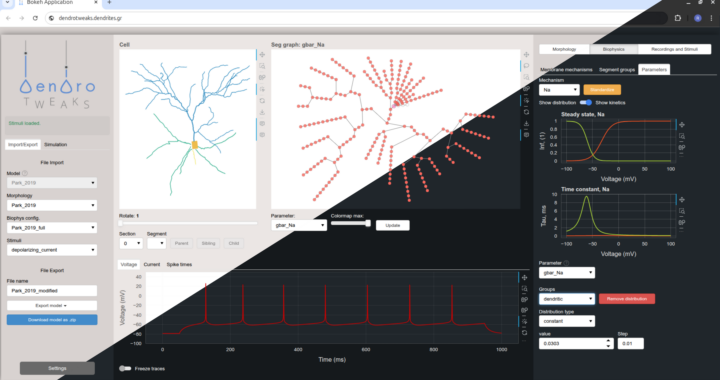We are excited to share our latest review, Dendrites and Efficiency: Optimizing Performance and Resource Utilization, which has been published in Current Opinion in Neurobiology.
In this review, PhD candidates Roman Makarov and Michalis Pagkalos, together with Dr. Panayiota Poirazi, explore the growing body of recent experimental and theoretical works that highlight the crucial role of dendrites in optimizing computations in the brain.
Under evolutionary pressure, neurons must find a balance between performing well on behavioral tasks and conserving resources such as energy and space. This is where dendrites come into play. Dendrites are thin branches that extend from the cell bodies of neurons. They help separate inputs, integrate them in a context-dependent manner through nonlinear events, and compartmentalize activity and plasticity.
The review discusses how dendrites contribute to balancing the tradeoff between performance and resource utilization through various strategies. Dendrites enhance the efficiency of information transfer across neurons, optimize computations for natural stimuli and behavioral timescales, facilitate hierarchical predictive coding, increase expressivity, and mitigate noise. Additionally, dendrites optimize learning and storage capacity through structural plasticity, which is manifested through functional synaptic clustering.
The ideas presented in the review not only expand our understanding of biological networks but also have far-reaching implications for the efficiency of artificial neural networks and neuromorphic systems.
To find out more, please access the full review article: 10.1016/j.




